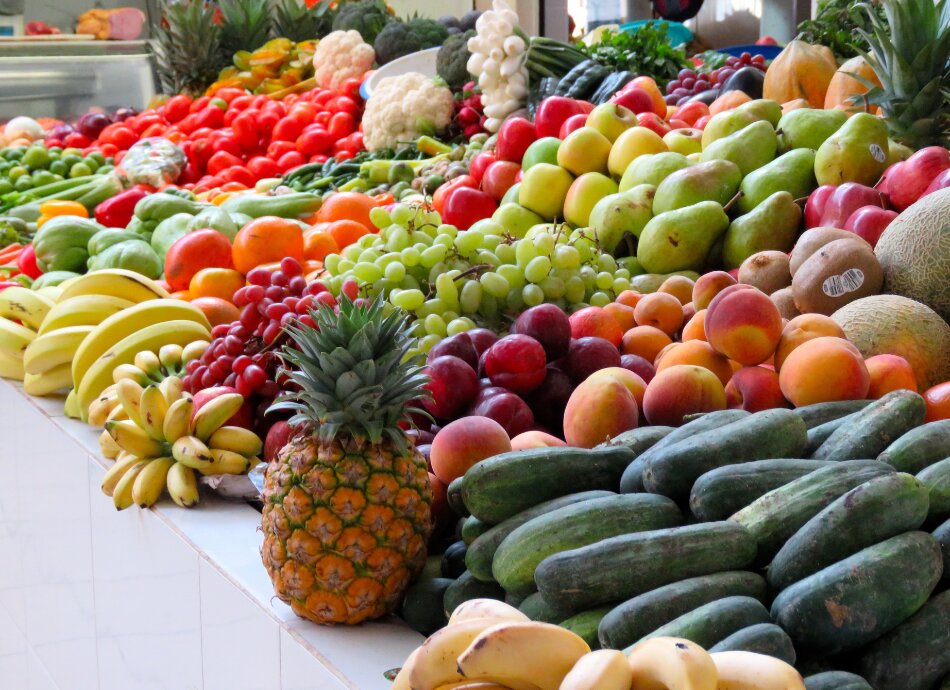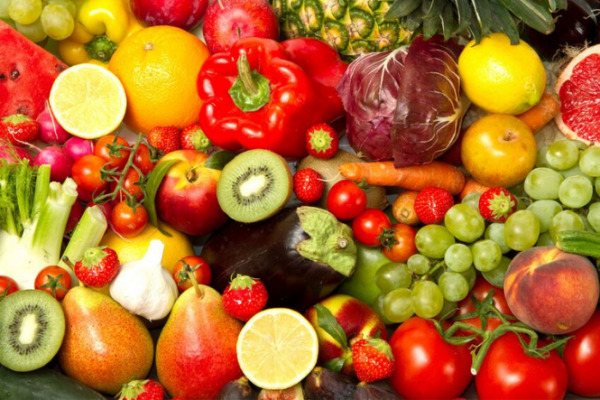Cancer – reducing your risk of cancer through diet
Key points about reducing your risk of cancer through diet
- You may have heard if before but if you are really serious about reducing your risk of getting certain cancers, looking at what you eat and how much you eat is one of the best ways to begin.
- Eating a healthy and balanced diet is not only good for your overall health – it can also reduce your risk of cancer.
- Obesity has been shown to contribute to certain types of cancer, so keeping to a healthy body weight also helps reduce your risk.
- While some foods have been directly linked to an increase in the risk of developing cancer, it’s your overall diet that's more important than individual foods.


Image credit: 123rf
1. Eat food high in fibre
Eating foods high in fibre(external link)(external link), particularly wholegrains, helps keep your bowels (gut) healthy, which reduces the risk of bowel cancer. Wholegrains can be found in food such as wholemeal bread, whole-wheat pasta and brown rice. These foods are less processed and better for you than their white alternatives. Fruit, vegetables and pulses (beans, lentils and peas) are also high in fibre.
2. Drink less alcohol
Research shows that people who drink alcohol are more likely to develop cancer. Alcohol has been linked to several different types of cancer, including breast and liver cancer. Cutting back on alcohol, or cutting it out of your life altogether, will also improve your health in other ways such as reducing the risk of high blood pressure and liver disease.
3. Eat lots of vegetables and fruit
Fruit and vegetables are rich in minerals, vitamins, antioxidants and phytochemicals, which help reduce the risk of cancer. A diet rich in fruits and vegetables also helps maintain a healthy body weight, which adds further protection against cancer. Make sure you don’t overdo the fruit, as it is high in sugar and can contribute to weight gain.
4. Eat less processed and red meat
Research over the years has linked processed meat and red meat to an increased risk of bowel cancer(external link)(external link). So, try cutting back on the amount you eat, have meat-free days, eat more chicken and fish or try some vegetarian dishes.
5. Avoid other processed foods too
Choose whole, unrefined foods over highly processed foods, which are often high in fat, sugar and salt. Sugary drinks like fizzy, and fruit juices, which are also high in sugar, should be avoided to reduce weight gain.
Remember, the other things you can do to reduce your risk of developing cancer: stop smoking, exercise regularly and be sun smart. Make sure you get regular screening for breast, cervical, prostate, bowel and other cancers.
Apps reviewed by Healthify
You may find it useful to look at some Nutrition, exercise and weight management apps.
If you have any concerns or questions about your health, please contact your healthcare provider.
References
- Does having a healthy diet reduce my risk of cancer?(external link)(external link) Cancer Research, UK
- Ten tips to reduce your cancer risk(external link)(external link) Cancer Society, NZ
- 1 in 3 cancers can be prevented(external link)(external link) Cancer Council, Australia
Apps
Credits: Healthify editorial team. Healthify is brought to you by Health Navigator Charitable Trust.
Page last updated:





